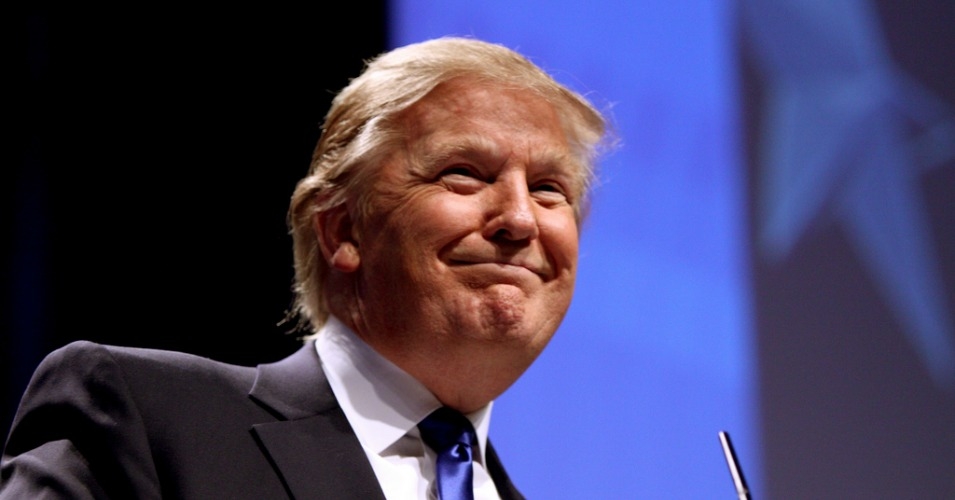PHOTO: Donald Trump marches to the Republican nomination — but will the GOP recover from the blow?
Donald Trump will now be the Republican nominee for the US Presidency in this November’s election.
Trump all but confirmed that he will have a majority of delegates with the combination of a large win in Indiana and the withdrawal from his closest rival, Senator Ted Cruz, from the race. The formalities should be completed in primaries on June 7 in California and New Jersey.
However, the headline of Trump’s victory is far from the biggest story now and to come. His success — more the outcome of Republican voters staying at home for lack of an alternative, rather than a surge in support for the businessman — causes more problems for a GOP which was already deeply divided over issues and ideology.
The Republican establishment signaled this week that it will support Trump, but the effort is likely to be token. Instead, the GOP is likely to concentrate on Congressional races, hoping to preserve its majority in the Senate while continuing to control the House of Representatives.
That quest will be complicated by the unprecedented situation of both current and hopeful Congressional representatives keeping their distance from the party’s Presidential nominee rather than counting on a “coat-tail effect”. And even if the Republicans can hold the Senate to face a President Clinton, how will the GOP bring together the now-fractured wings of its party?
I evaluated the situation with BBC outlets and Monocle 24’s The Globalist on Wednesday morning.
Listen to BBC Radio Foyle interview
Listen to BBC Radio Wales interview
Listen to BBC 3 Countries interview
Listen to BBC Coventry and Warwickshire interview

